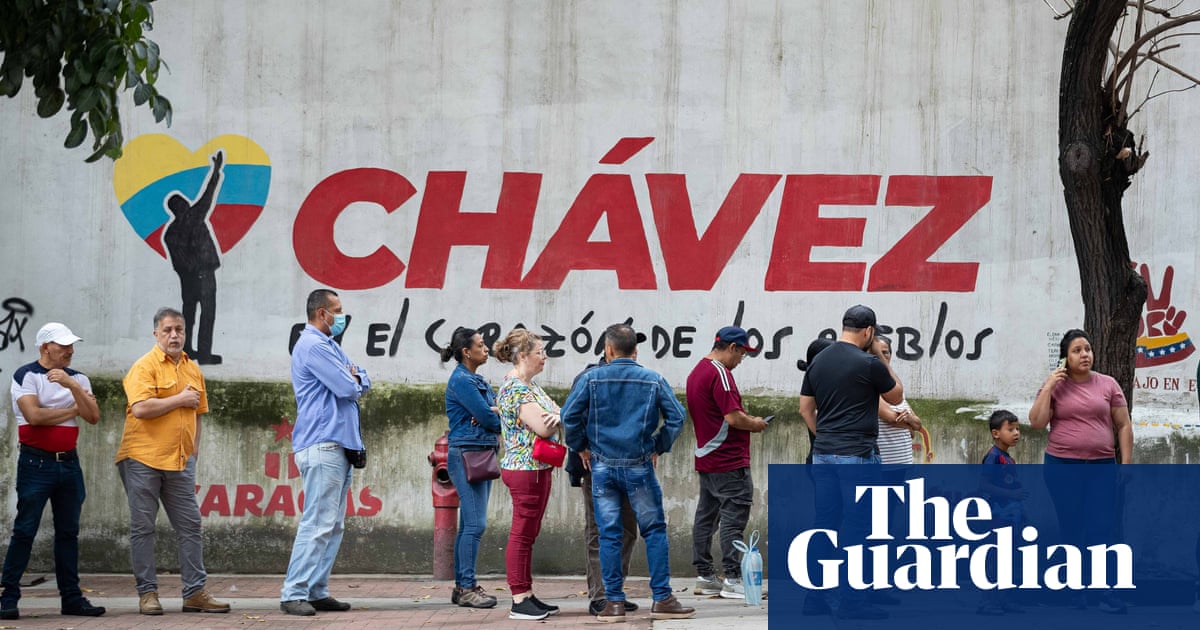In the tumultuous political landscape of Venezuela, the upcoming presidential election on July 28, 2024, is shaping up to be a pivotal moment for the country. With incumbent President Nicolas Maduro seeking a third term and opposition forces led by retired diplomat Edmundo Gonzalez Urrutia mounting a formidable challenge, the stakes are high for both sides. Let's delve deeper into this intriguing story.
Edmundo Gonzalez Urrutia, a seasoned diplomat with an impressive career that includes postings in Belgium, El Salvador, and Algeria, as well as serving as Caracas' ambassador to Argentina during the early years of Hugo Chavez's presidency, has emerged as the leading opposition figure. His diplomatic background and good-natured demeanor have endeared him to many Venezuelans disillusioned with Maduro's rule.
The reasons for their dissatisfaction are manifold. Venezuela's economy has been in a state of collapse due to a drop in oil prices, corruption, and government mismanagement. The resulting economic crisis has forced nearly 8 million people to flee the country in search of better opportunities abroad. Maduro's popularity has dwindled significantly as a result.
Gonzalez Urrutia's opposition campaign has been marked by grassroots efforts and large groups of motorcyclists accompanying their leaders during rallies, a tactic that Maduro attempted to imitate but failed to replicate effectively. The ruling party, on the other hand, has resorted to intimidation tactics against the opposition in an attempt to suppress their efforts.
The opposition's call for 'libertad,' or freedom, has resonated deeply with Venezuelans seeking various freedoms, including economic freedom and freedom from fear. The July 28 election is expected to be a closely contested race between Maduro and Gonzalez Urrutia.
However, it's important to note that the media landscape in Venezuela is far from unbiased. Both the government-controlled media and opposition-aligned outlets have been known to spread misinformation and propaganda. As a responsible journalist, it's crucial to remain skeptical of all information provided and seek out diverse sources to ensure a complete and accurate understanding of the situation.
In conclusion, Venezuela's presidential election on July 28, 2024, is an intriguing story of political upheaval and change. With Edmundo Gonzalez Urrutia leading the opposition charge against incumbent President Nicolas Maduro, the outcome of this election could have significant implications for Venezuela's future.

